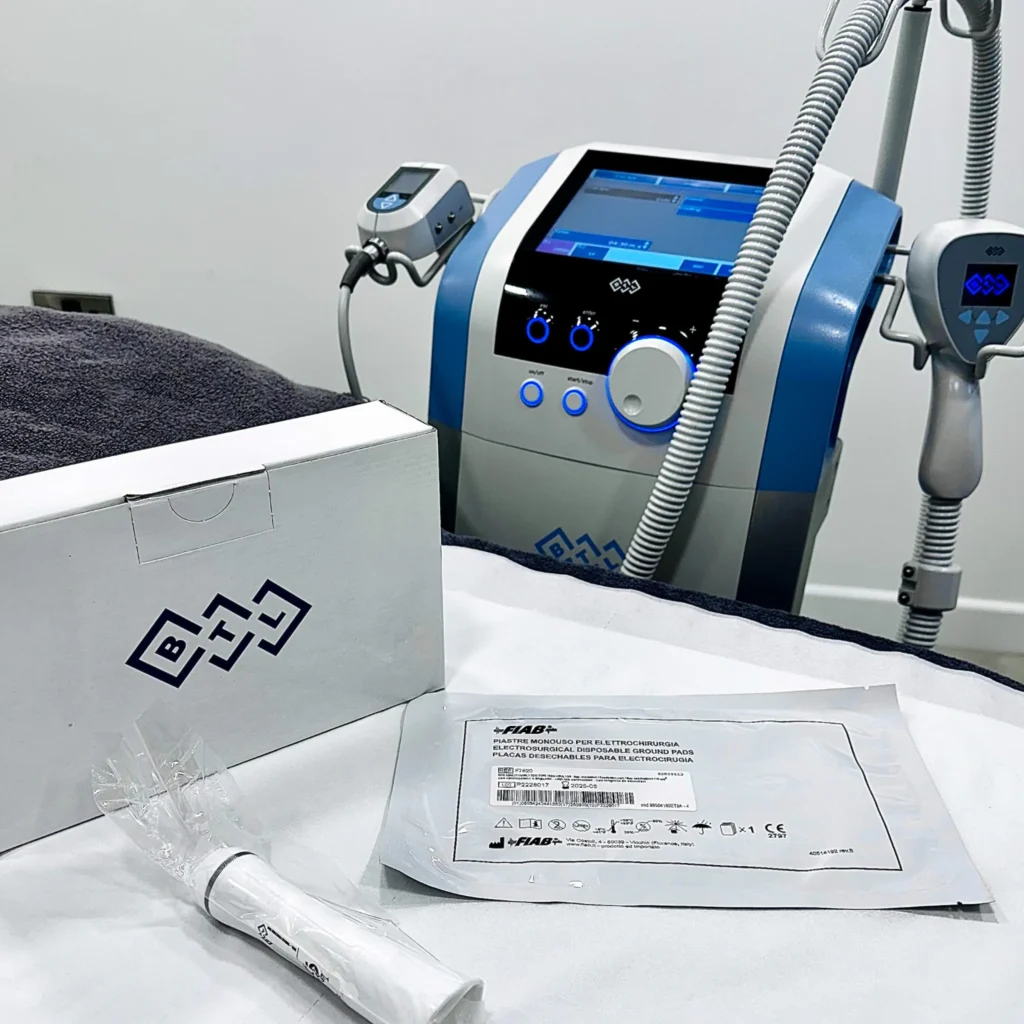With the rising popularity of vaginal rejuvenation among medical tourists, patient safety and clinical hygiene are top priorities for international providers. Whether patients are traveling for non-surgical options like radiofrequency (RF) or laser treatments, or undergoing minimally invasive procedures like PRP injections, global clinics understand the importance of maintaining world-class safety standards.
This article explores how leading international clinics uphold hygiene, patient safety, and medical integrity in vaginal rejuvenation treatments, helping you make confident and informed decisions while seeking care abroad.
🛡️ Why Safety and Hygiene Matter in Vaginal Rejuvenation
Vaginal rejuvenation involves intimate tissue and often utilizes advanced medical devices or injectables. Without strict hygiene practices, there is a risk of:
- Infection
- Cross-contamination
- Delayed healing
- Complications from unsanitary tools or environments
For medical tourists, these risks are mitigated by choosing accredited, experienced clinics that follow international standards in sterilization, procedural safety, and patient care.
🏥 International Standards Followed by Top Clinics
Reputable international clinics catering to medical tourists adhere to global safety guidelines set by organizations such as:
- JCI (Joint Commission International)
- ISO (International Organization for Standardization)
- Local Health Ministries
- FDA or CE-approved device usage (depending on region)
These standards require:
- Sterile, single-use tools or properly autoclaved reusable instruments
- Thorough sanitation of treatment rooms between patients
- Staff training in cross-infection control
- Transparent documentation of protocols and risks
✨ Key Safety Measures in Vaginal Rejuvenation Clinics Abroad
1. Device Sterilization and Disinfection
- Laser or RF probes are either single-use or disinfected using hospital-grade sterilization equipment (e.g., autoclaves, UV sterilizers).
- Clinics document sterilization cycles and device maintenance logs.
2. Use of FDA- or CE-Certified Technology
- High-quality RF or laser devices such as CO2 laser systems or ThermiVa, IntimaLase, Viveve, and FemiLift are approved by medical regulators.
- These systems have built-in safety settings and temperature controls to protect mucosal tissue.
✅ Pro Tip: Always ask what brand/device the clinic uses and whether it is certified by a regulatory authority in the U.S. or EU.
3. Single-Use Consumables
- For PRP (Platelet-Rich Plasma) or injectable rejuvenation, all needles, syringes, and collection tubes are single-use, sterile, and disposed of immediately after the session.
- Vaginal probes are often fitted with disposable protective covers.
4. Trained and Licensed Medical Staff
- Procedures are performed by licensed OB/GYNs, dermatologists, or aesthetic gynecologists—not unqualified technicians.
- Staff are trained in:
- Aseptic techniques
- Anatomy and tissue sensitivity
- Managing complications, if any occur
5. Infection Control Protocols
- Medical staff wear gloves, masks, and protective gowns.
- Strict hand hygiene and glove-changing protocols are followed before any contact.
- Surfaces and tools are cleaned with medical-grade disinfectants after every procedure.
6. Pre-Treatment Screening
Before your treatment, the clinic may:
- Perform a pelvic exam
- Request a vaginal pH or culture test to rule out infections
- Review your menstrual, sexual, and medical history to ensure you’re a safe candidate
This pre-screening helps prevent complications such as aggravating an undiagnosed vaginal infection or skin sensitivity.
7. Private, Sanitized Treatment Rooms
International clinics offering intimate procedures ensure:
- Private consultation and treatment rooms
- Sanitized beds with disposable sheets
- Discreet, respectful care from female practitioners, if preferred
- Air-purification systems to reduce airborne pathogens (in high-end clinics)
🧳 Extra Precautions for Medical Tourists
Recognizing the needs of patients traveling internationally, top clinics also:
- Offer dedicated recovery areas or partner with hotels for hygienic post-care stays
- Provide personal hygiene kits
- Translate all aftercare instructions into the patient’s language
- Offer telehealth support post-procedure for monitoring from home
🔍 What Patients Should Ask About Safety Before Booking
- “What are your sterilization procedures?”
- “Are your devices FDA- or CE-cleared?”
- “Will the procedure be done by a board-certified physician?”
- “Do you perform a health screening before treatment?”
- “Do you use disposable or single-use applicators?”
- “Can I see your infection control certifications or hygiene protocols?”
A reputable clinic will welcome these questions and answer with confidence.
✨ Post-Treatment Hygiene Tips for Patients
Your role in staying infection-free includes:
- Keeping the area clean and dry for 24–72 hours
- Avoiding baths, pools, or sexual activity as advised
- Using only prescribed creams or washes
- Wearing breathable cotton underwear
- Monitoring for signs of infection (pain, discharge, fever)
✅ Final Thoughts: Your Safety Is Their Reputation
For international clinics, patient safety is not just a medical obligation—it’s a business priority. With global competition and online reviews shaping the success of medical tourism destinations, top clinics go above and beyond to meet international hygiene and procedural safety standards.
By asking the right questions, choosing accredited providers, and following post-treatment care instructions, you can confidently enjoy the benefits of vaginal rejuvenation abroad—with comfort, dignity, and peace of mind




